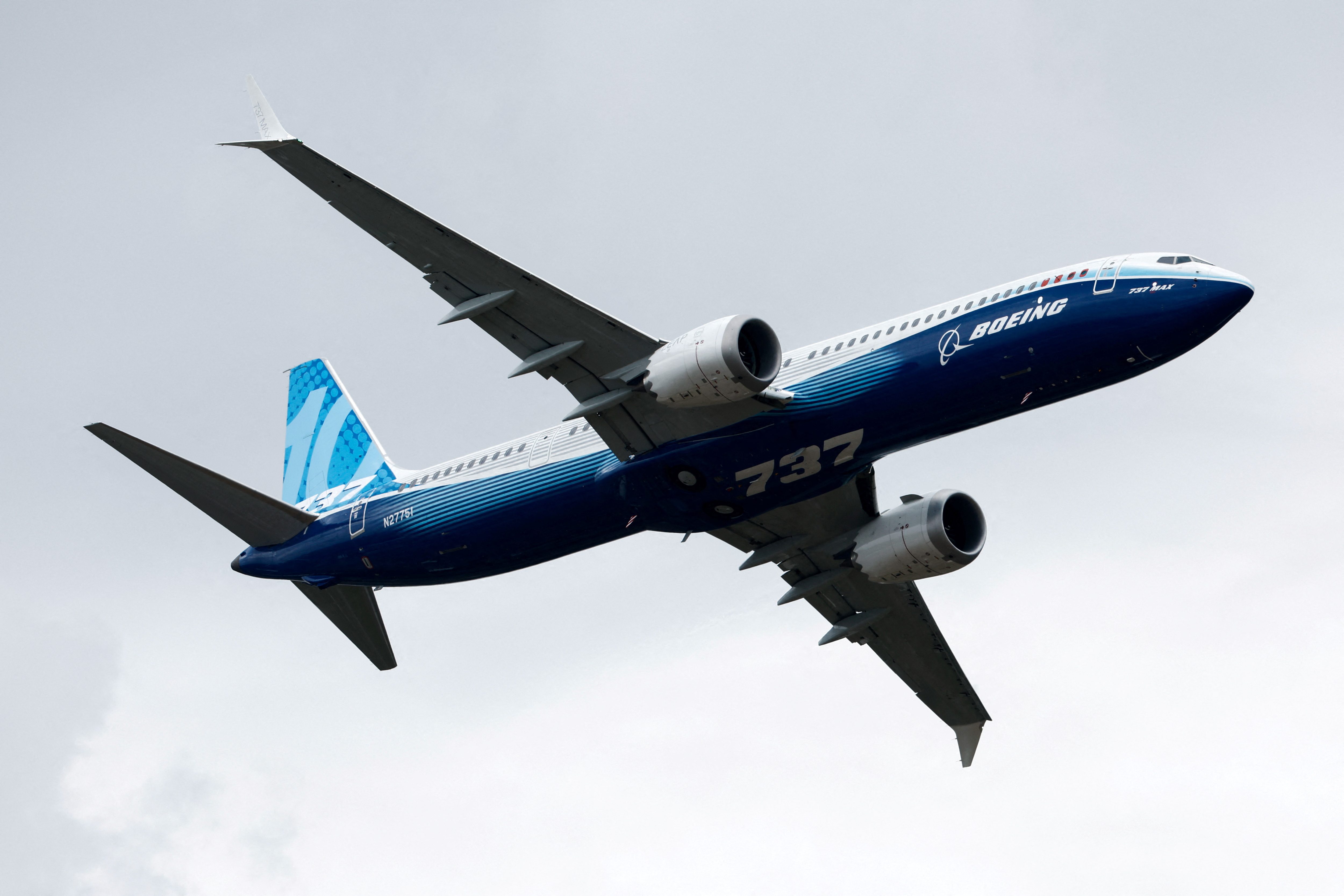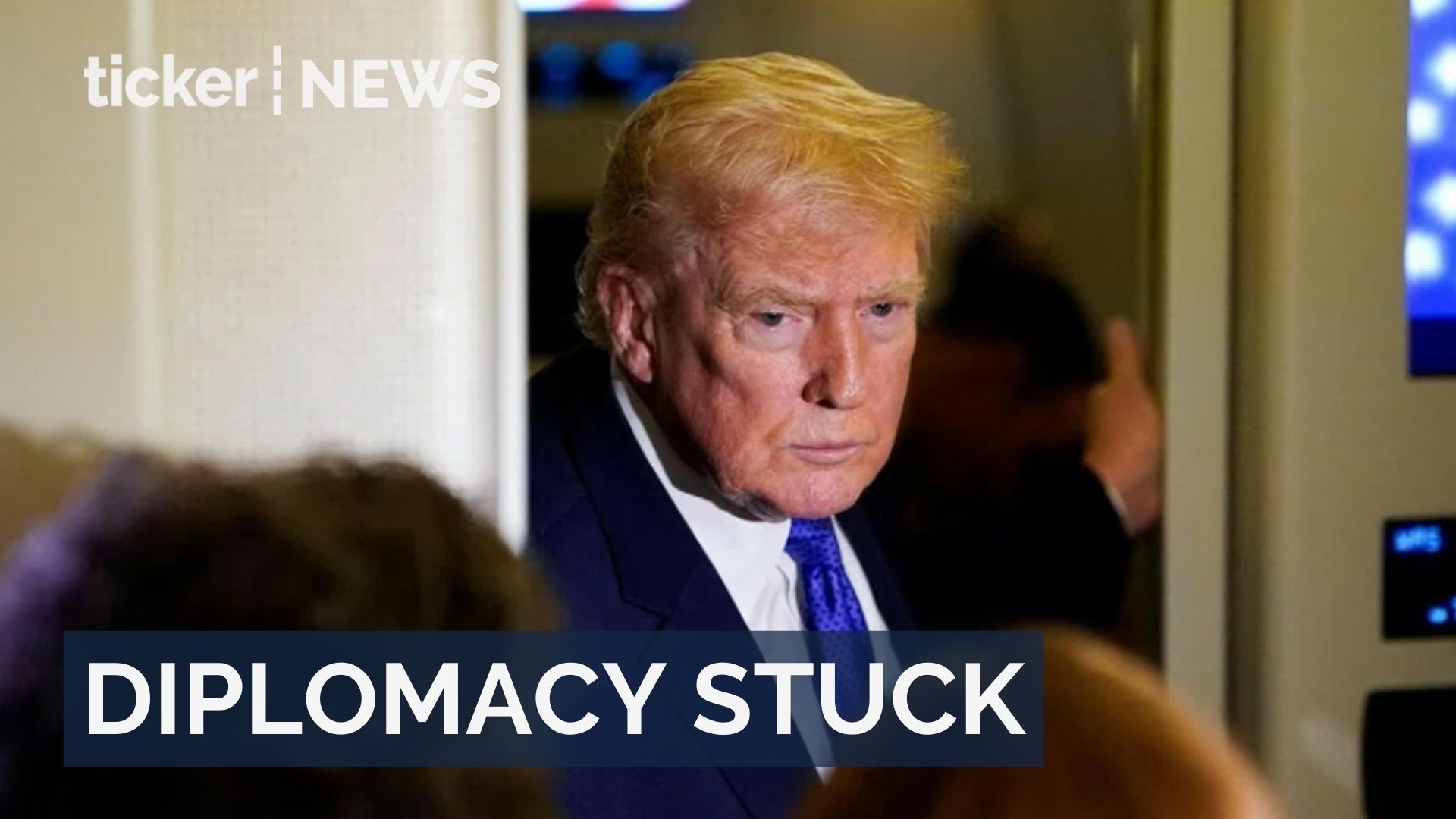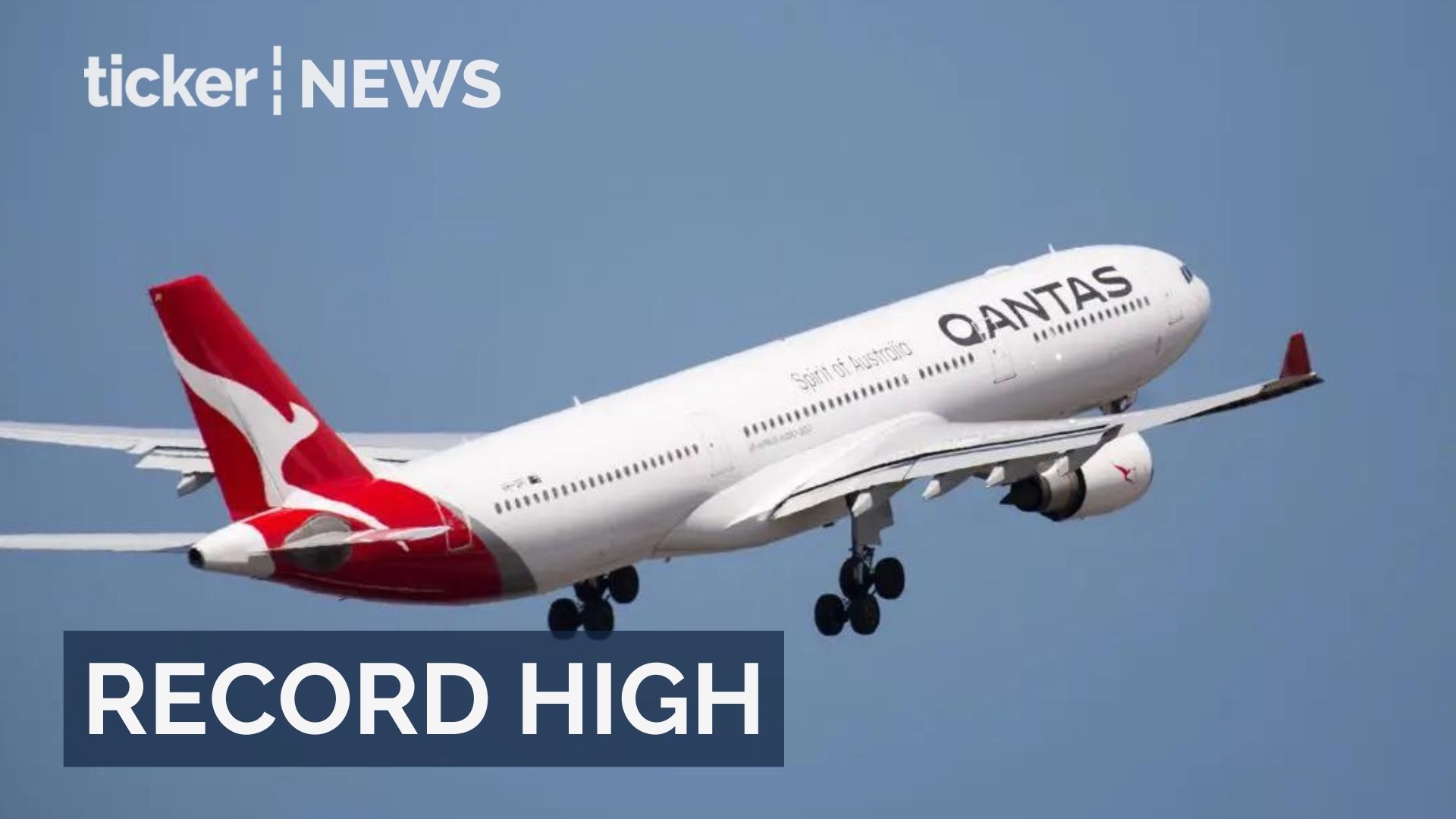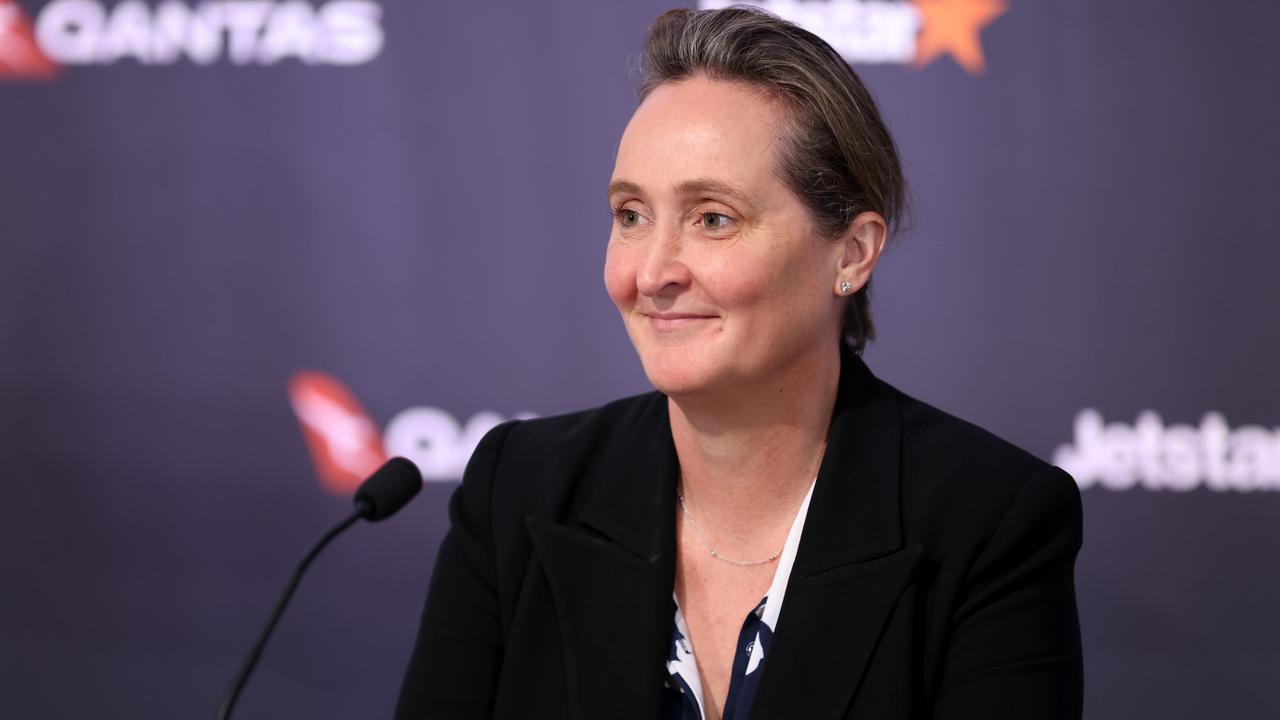News
Why Airbus isn’t happy about rival Boeing’s issues


News
Australia issues evacuation advisory for diplomats and citizens in the Middle East
Australian diplomats’ families in Israel and Lebanon urged to evacuate amid rising tensions; all Australians advised to leave soon.
News
Trump signals possible action on Iran nuclear threat
Trump warns Iran on nuclear weapons and highlights threats, as US boosts military presence amid stalled talks.
News
Qantas announces 8,500 jobs and frequent flyer changes
Qantas announces 8500 new jobs and frequent flyer program revamp after record half-year profit of $1.46 billion
-



 Money1 day ago
Money1 day agoAustralia’s inflation report and Nvidia earnings impact explained
-



 Tech3 days ago
Tech3 days agoOpenAI moves to replace software giants with AI products
-

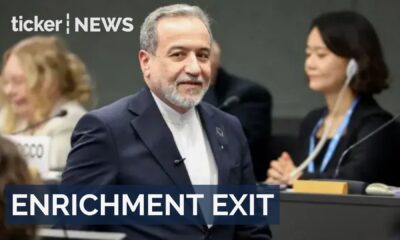

 News5 days ago
News5 days agoIran signals nuclear concessions as U.S. talks intensify
-



 Tech11 hours ago
Tech11 hours agoMeta launches lawsuits over alleged scam advertising operations
-



 Money4 days ago
Money4 days agoU.S. investors flee stock market for global opportunities
-



 Tech4 days ago
Tech4 days agoApple’s next AI wearables could change how we use tech
-



 Tech4 days ago
Tech4 days agoAnthropic CEO holds key Pentagon talks on AI ethics and military use
-

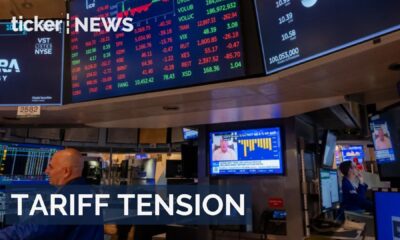

 Money4 days ago
Money4 days agoStocks tumble amid AI concerns and Trump tariff update




